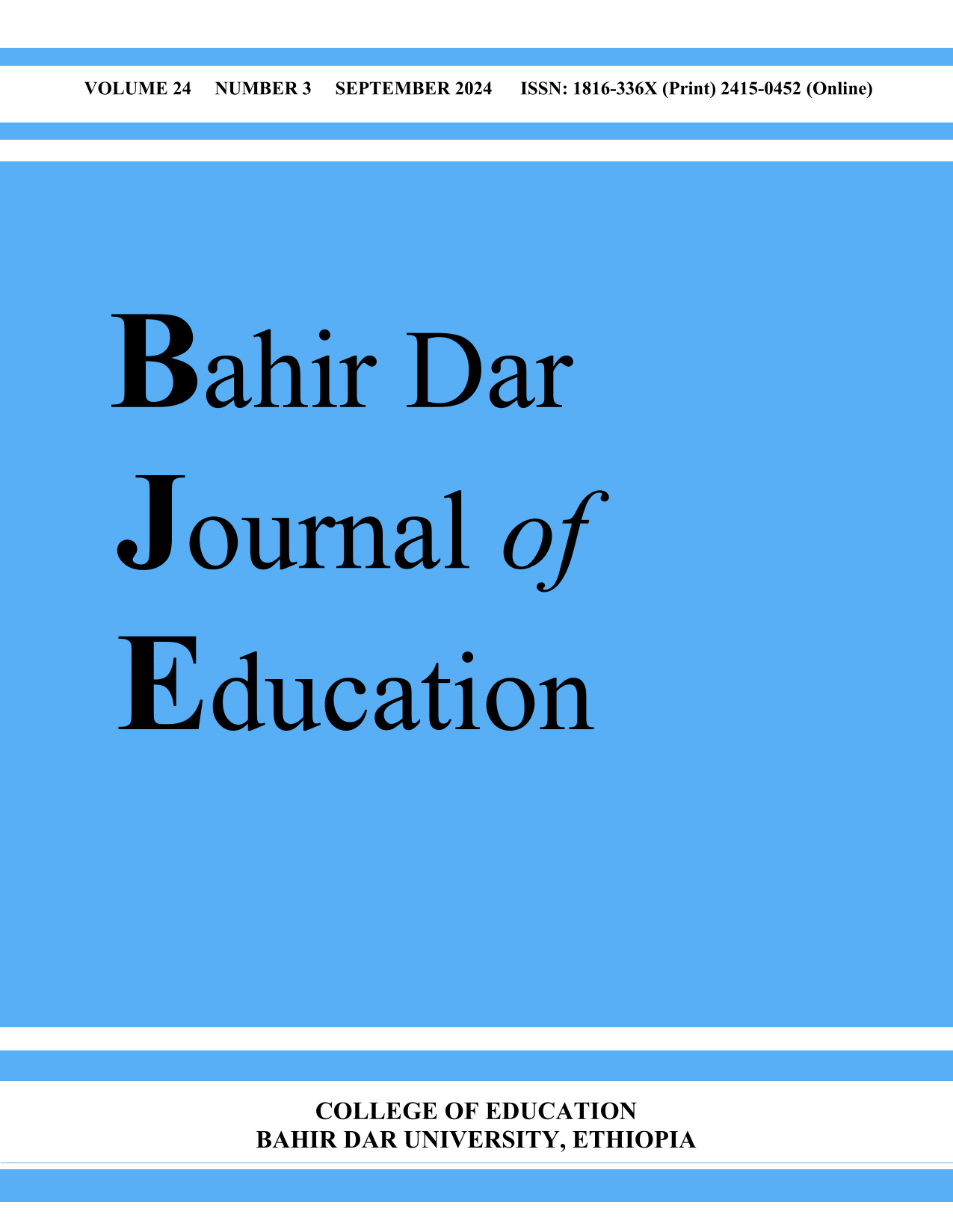Main Article Content
Developmental assets and hedonic well-being among youths: In the perspective of students’ characteristics
Abstract
This study examined the effect of gender and school types on developmental assets and hedonic well-being, encompassing positive affect, negative affect, and life satisfaction. The sample consisted of 614 randomly selected students from private, public, rural, and urban secondary schools. Data were collected using adapted items from life satisfaction, positive and negative affect, and developmental asset profile scales. The analysis employed Pearson correlation, two-way ANOVA, one-way ANCOVA, and two-way MANOVA. The results indicated no significant correlation between academic achievement and internal assets or life satisfaction. However, the interaction and main effect of gender and school type on internal asset experiences was significant. Additionally, the scores for internal and external asset profile scores varied significantly as a function of gender and private, public rural and public urban schools. The MANOVA result further revealed significant differences in positive affect, negative affect, and life satisfaction concerning gender and school type. It is concluded that students in the rural context have significantly better experience of internal and external asset profiles than students in private and public urban schools. This suggests the need for a thorough investigation of Context-based assets of rural areas, and their adaptation for application in urban settings.







